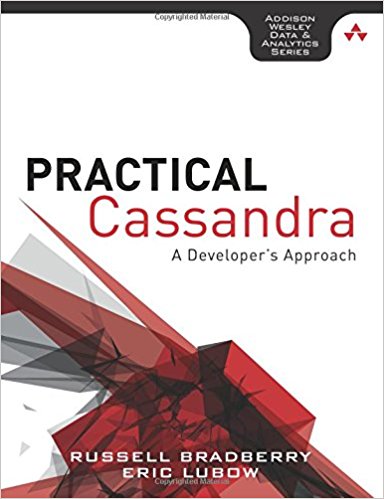Feedback and Culture
In this episode, Eric discusses the importance of feedback and culture in a people manager training lecture. He emphasizes the significance of both positive and negative reinforcement and feedback (and the differences), explaining how each can be used to encourage desired behaviors and create a positive work environment. Eric highlights the need for vulnerability, stating that admitting mistakes and showing authenticity can build trust and foster a culture of growth. He also addresses the importance of understanding individual differences, noting that not everyone processes information the same way. The episode underscores the value of balancing feedback, timing, and specificity to ensure effective communication. Eric concludes by encouraging managers to be open to feedback themselves and to create an environment where everyone feels safe to contribute and excel.

